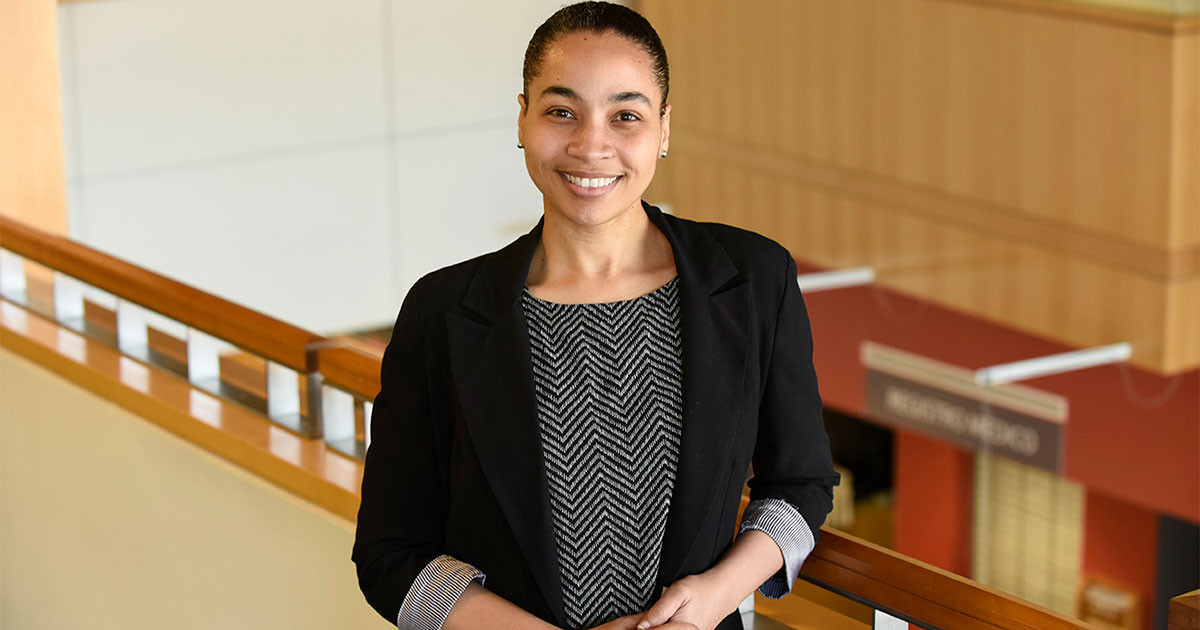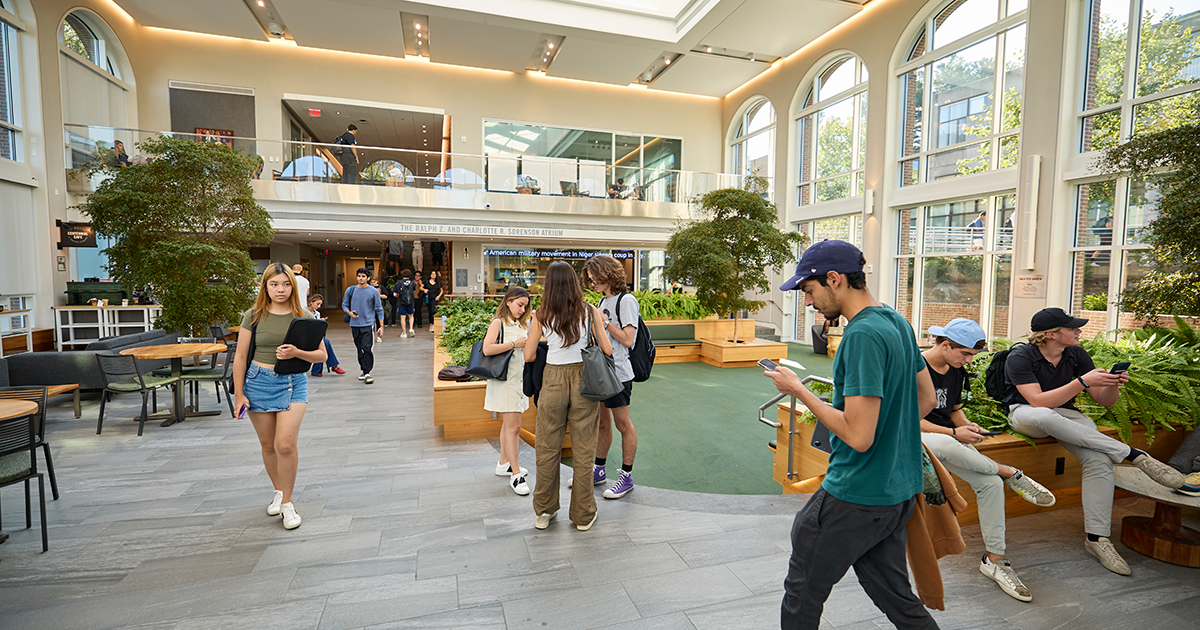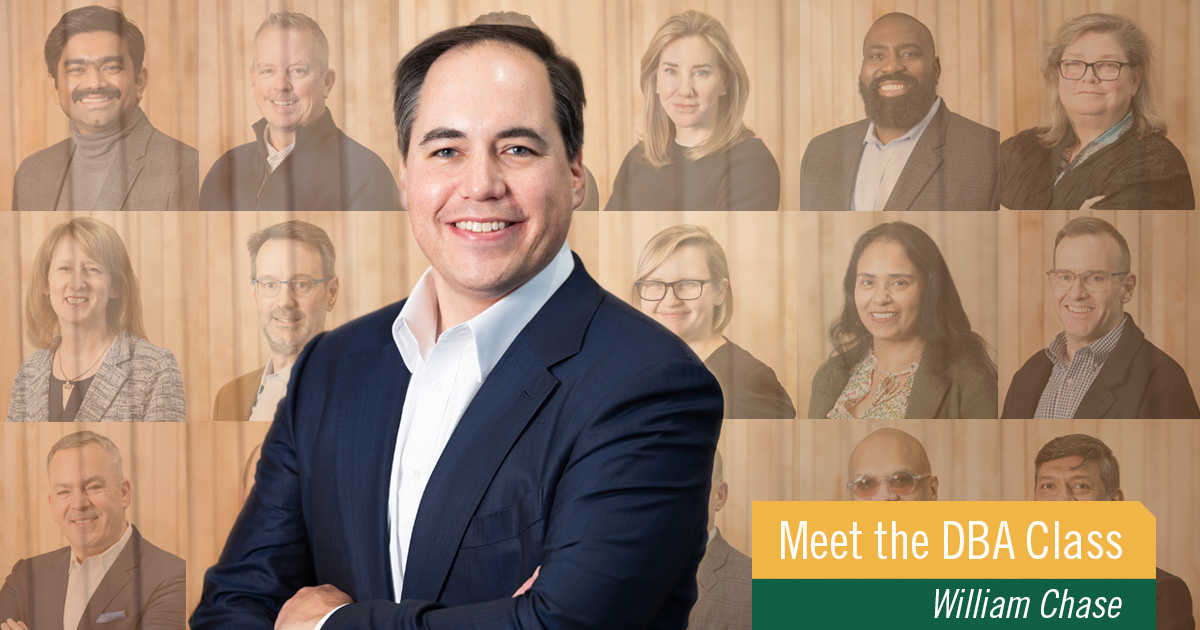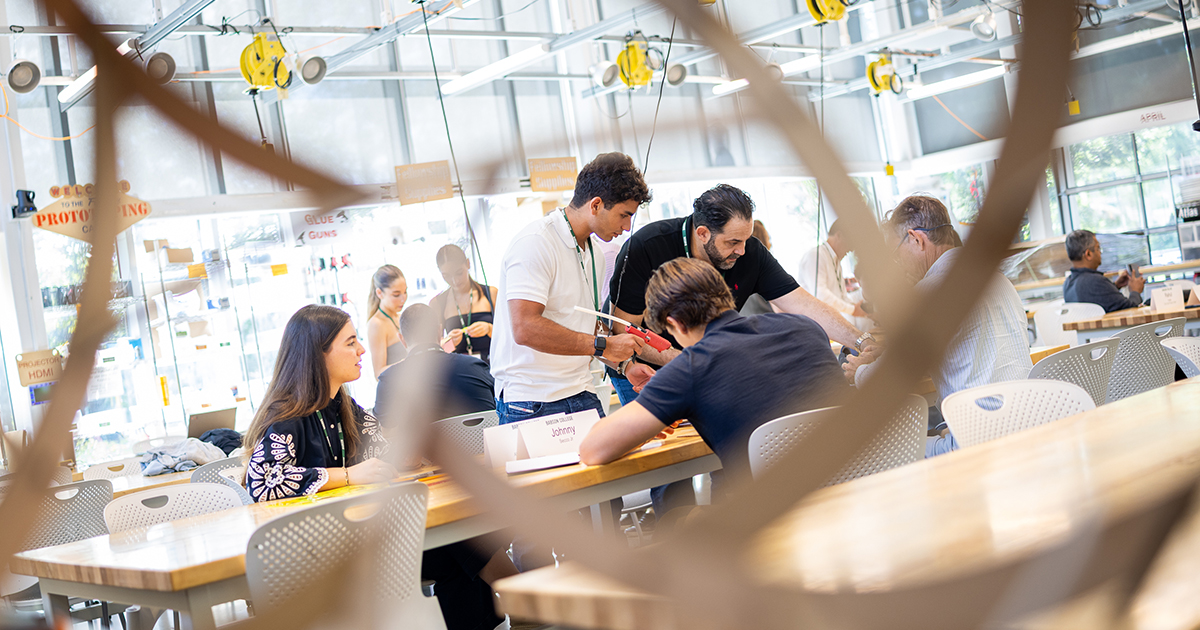Getting to Know Dr. Claire-Cecile Pierre

Babson has an important role to play in the global response to the pandemic. So says Dr. Claire-Cecile Pierre, the executive director of Babson’s new Kerry Murphy Healey Center for Global Healthcare Entrepreneurship, which aims to bring the power of the entrepreneurial mindset to global health challenges. The Healey Center was established in 2019, thanks to a generous donation from the Steven C. and Carmella R. Kletjian Foundation.
“COVID-19 is a health crisis that has resulted in an economic crisis,” says Pierre. “The pandemic has caused intense suffering and incredible loss. It has disrupted our supply chains and pushed us to use technology differently. Unfortunately, it also has shown structural inequities locally and worldwide.”
“I grew up witnessing suffering and knew I wanted to be a doctor. At 16, I was determined to learn more about how to help people.”
Dr. Claire-Cecile Pierre
This is where Babson can have an impact, says Pierre. “Babson can play a crucial role in ensuring that current healthcare entrepreneurs—and the next generation of people leading our economies and our health systems—apply ET&A™ to design solutions that increase access to health and provide economic mobility.”
Though she has been at Babson only a short time, Pierre already is working closely with College students, faculty, and staff. “We have so much work to do in so many areas,” she says. “I am excited by the possibilities.” One notable early project has been her collaboration with Babson students who offered needed assistance to Harbor Health Services, a network of community health centers, with its transition to telemedicine.
Pierre serves as chief medical officer at Harbor Health, where telemedicine became a necessity in the wake of the coronavirus outbreak. “The Babson team responded very quickly to the needs of Harbor Health,” says Pierre.
Pierre believes in the power of partnerships—she collaborates with other Kletjian-endowed chairs and eminent physicians and institutions; engages in research and thought leadership; and supports healthcare entrepreneurs in their efforts to accelerate health and surgical outcomes in communities. She looks forward to launching programs with Babson faculty and hopes for meaningful engagements with alumni. The Babson community, she says, carries a wide range of expertise that can advance global healthcare entrepreneurship.
Pierre’s interest in medicine began at an early age. She was just 23 when she earned her medical degree, having gone through a combined undergraduate and medical school program at Howard University. “I grew up witnessing suffering and knew I wanted to be a doctor” says Pierre. “At 16, I was determined to learn more about how to help people.”
“Babson is a place where I can learn about Entrepreneurial Thought & Action® as a way to address global health challenges.”
Dr. Claire-Cecile Pierre
Since then, that determination has taken Pierre, who has long had an interest in global health, around the world to help people in need. Among other efforts, she has worked in Zambia, South Africa, and Ethiopia on HIV and malaria programs. In 2010, she joined the earthquake rescue and relief efforts in Haiti, working closely with the country’s prime minister and ministry of health.
Beyond her roles at Babson and Harbor Health, Pierre serves as director of the Program in Health Systems Strengthening and Social Change at Harvard Medical School. In all her work, she is concerned about inequalities in health care, about how socio-economic status and where one lives can have an oversized effect on health. “I believe poverty kills,” she says.
Pierre took time recently to answer a few questions about her work and what drew her to Babson.
Why did you go into medicine?
I can remember wanting to be a doctor at a very young age. I grew up in Haiti, where history and global policies have caused centuries of suffering. I saw kids my age hungry and sick every single day.
When people learn about you, a doctor, taking a post at Babson, a business school, what is their reaction?
Most people are very intrigued. It is not a typical path for clinicians. I didn’t learn about business in medical school. When doctors think of solutions to malaria, TB, and asthma, we don’t have that lens to leverage business thinking to address health challenges. Yet, many of the solutions require a change in operations, logistics, and management.
Global healthcare requires architects to design appropriates spaces, biochemical engineers to develop new equipment, and entrepreneurial thinkers to break the mold and push the boundaries.
Is that why you came to Babson?
After the earthquake in Haiti, there was a cholera outbreak. It’s a horrible disease, but it didn’t have to take thousands of lives. Access to potable water and proper sewage, systems that have been available in many countries for centuries, are still causing preventable deaths worldwide.
I then became increasingly interested in new approaches to addressing poverty. Working in health is one approach—I’ve had the privilege of working with organizations that have invested in health systems around the world, creating jobs, and saving lives. Entrepreneurship offers another approach, providing individuals, their families, and their communities with economic mobility.
Babson is a place where I can learn about Entrepreneurial Thought & Action® as a way to address global health challenges, making Babson’s ET&A another tool, like the stethoscope, in the toolbox of global health practitioners.
What are you are hoping to work on at Babson in the months ahead?
I hope to work with faculty, staff, alumni, and students to design interventions that provide coaching and connections to entrepreneurs working on global health challenges.
Posted in Community




